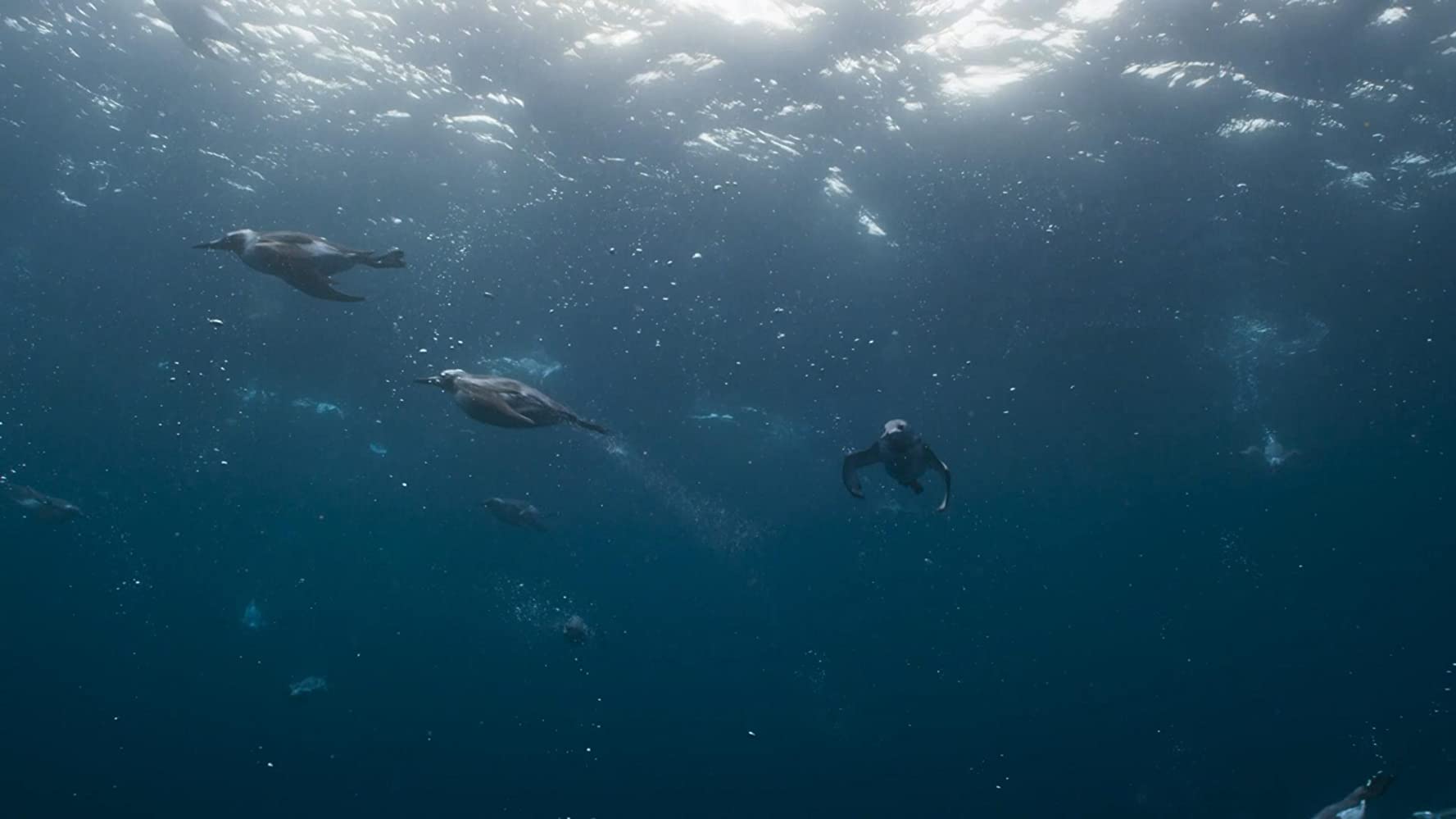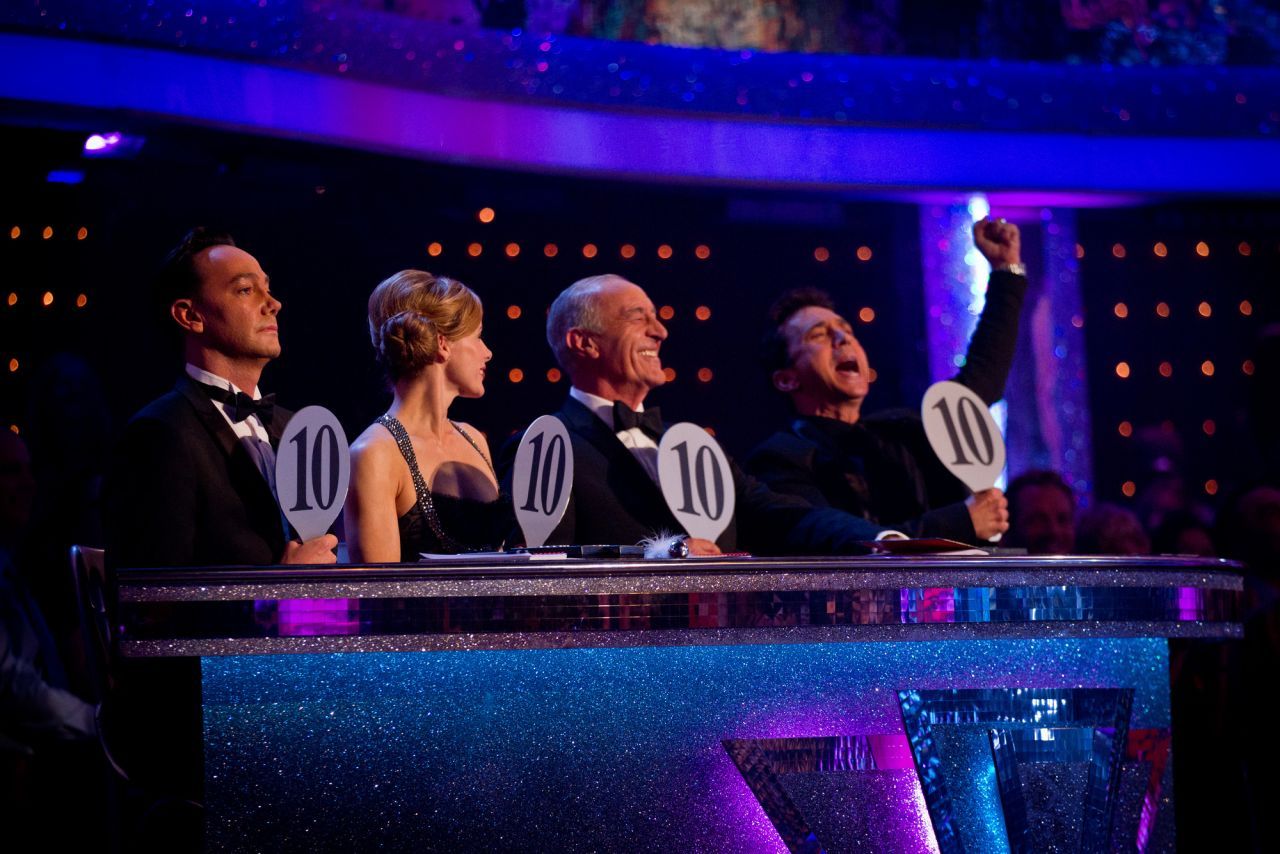By George Mellowship, Third Year, Geography
In recent weeks, the BBC has come under fire from a number of parties as Government ministers suggested the Licence Fee would be scrapped at the end of its current agreement - charter - in 2027, with the decriminalisation of the Licence Fee or swapping to a Netflix style subscription model seen as the pathway forward.
However, in light of Covid-19 and an ever-saturated streaming market with Disney+ scheduled to launch in the coming days, is there still a place for public broadcasting?
| Untamed Media: BBC Staff's top tips on how to take their jobs
As of 2020, the Licence Fee will cost £157.50 per year. Whilst the BBC is the main beneficiary of this money, a TV licence is required to watch or record any programme on live TV on any channel, as well as the use of BBC iPlayer on any device. There are some misconceptions around the fee: it does not solely pay for BBC content and you cannot go to prison for not having one. However, removing the Licence Fee would potentially end the BBC as we know it.

I am a self-proclaimed lover and loyalist to the BBC and will always try to defend it, but in recent years the corporation has made several blunders. From the Naga Munchetty race debate in which the corporation apologised for her expressing the view that Donald Trump’s statement about Ilhan Omar - that ‘she should go back to her own country’ - was racist, to the continued gender pay-gap within the corporation, criticism about the 2019 General Election coverage and the decision to remove the free Licence Fee for over 75s, the BBC has had a rough few years and has not done itself many favours.
Removing the Licence Fee would potentially end the BBC as we know it
Criticism aimed at the BBC for these recent blunders have been completely valid. It has led to people feeling disenfranchised from the BBC and even angry towards it. Some younger people feel it doesn’t represent them, some from older generations feel the BBC has become too politically correct - whatever that means. The corporation is certainly not a perfect one, but has it really lost so much value that it justifies the removal of the Licence Fee?
With the Licence fee money, the BBC funds 14 TV Channels, 25 national radio stations, 40 local radio stations as well as online services. The Licence Fee also covers all news, weather and sport coverage. This week the BBC has announced unprecedented content and measures to support the public through the Rona quarantine.
These include: exercise classes via radio for the elderly’ daily educational content for every school year and key stage on iPlayer; planned virtual church services as well as services for those of other religions; increased boxsets on iPlayer and archived comedy and drama radio content on BBC sounds; as well as constant, detailed news coverage giving viewers the opportunity to stay best informed and safe around the virus. Other measures include online recipes tips targeted at using store cupboard essentials as well as making local radio hubs for local expertise and updates.
| Doctor Who’s strong series opener proves there’s life in The Old Doc yet
For those arguing for a subscription model for the BBC, privatisation invites unregulated price rises and increased expenses. A 2- screen Netflix package now costs £8.99, or £107.88 for the year, Now TV film £13.99 a month or £167.88, Amazon Prime video £7.99 a month or £79 for the year.
Whilst our streaming giants may help us binge to pass the quarantine, their content has not even been altered to reflect the global pandemic, while the planned output of the BBC and its service to the public goes not only further than streaming services, but also all other media services in the country.
Do you agree with actor Julian Fellowes that the BBC’s biased news coverage has put the licence fee under threat?@danwootton | https://t.co/sv3MZUm41c
— talkRADIO (@talkRADIO) March 9, 2020
The Licence Fee is undoubtedly a lot of money, especially for families from lower economic backgrounds, but I argue that this figure still represents very good value for money and to me there is no other payment plan that would fund the BBC and its services as effectively as the Licence Fee. Decriminalisation of the Licence Fee however would seriously dent the funds of the BBC. We as students know this more than most as, I would bet my right arm that the majority of students pay the Licence Fee because they have to.
The BBC has announced unprecedented content and measures to support the public through the Rona quarantine
The argument of the funding of the BBC is one for the future. The global situation of the virus is incredibly scary and worrying and I only hope that you and your families can stay as healthy as possible. However, the support and services that we may gain from the BBC over the next few months will perhaps display why a properly funded BBC is needed now more than ever.
If there is one positive for when we come through this pandemic, I know that I will be much more grateful for normal everyday life and appreciate things we take for granted such as going for a coffee, sport and entertainment events, but most of all the health of friends and family. The BBC is something that is often taken for granted, but the corporation’s response to the virus might be the very thing that saves it.

The output and content that we receive from the Licence Fee for all of this in today’s streaming service world is incredibly cheap. The BBC core value has not changed since its formation in 1922: ‘to inform, educate and entertain’.
| Gavin & Stacey's Christmas Special is a charming revival that poses more questions than it answers
The BBC has shaped and enriched our lives and the key thing is that it is ours: no large companies or other corporations can influence the output. Its new measures and audience driven public service throughout the coming months provides no better argument as to its continued value for money and vitality to our society. Imperfect? Absolutely. Invaluable? Without a question.
Featured: IMDb / Courtesy of the BBC
Do you agree that the BBC's response to the crisis is a commendable step in the right direction?









